Setting up your own squat dental practice is a way of getting into ownership without the costs of buying an existing dental practice.
This is the story of how we started our first dental practice in 13 steps and how you can too.
Back in 2004, when many dentists were bumbling along with the old NHS contract, we decided to start up a squat dental practice. We had no experience of how to start a dental practice, we just had plain business ideas and clinical knowledge to back us up.
Most dentists we spoke to said we were mad not trying for an NHS contract, but we believed (and still do today) that being business-like in our approach to delivering dentistry would ensure our success. It did.
To date, we have done pretty well by taking the road less travelled, and with the prospect of further changes in the NHS, we only anticipate things to be even more difficult in the NHS for the UK’s dentists.
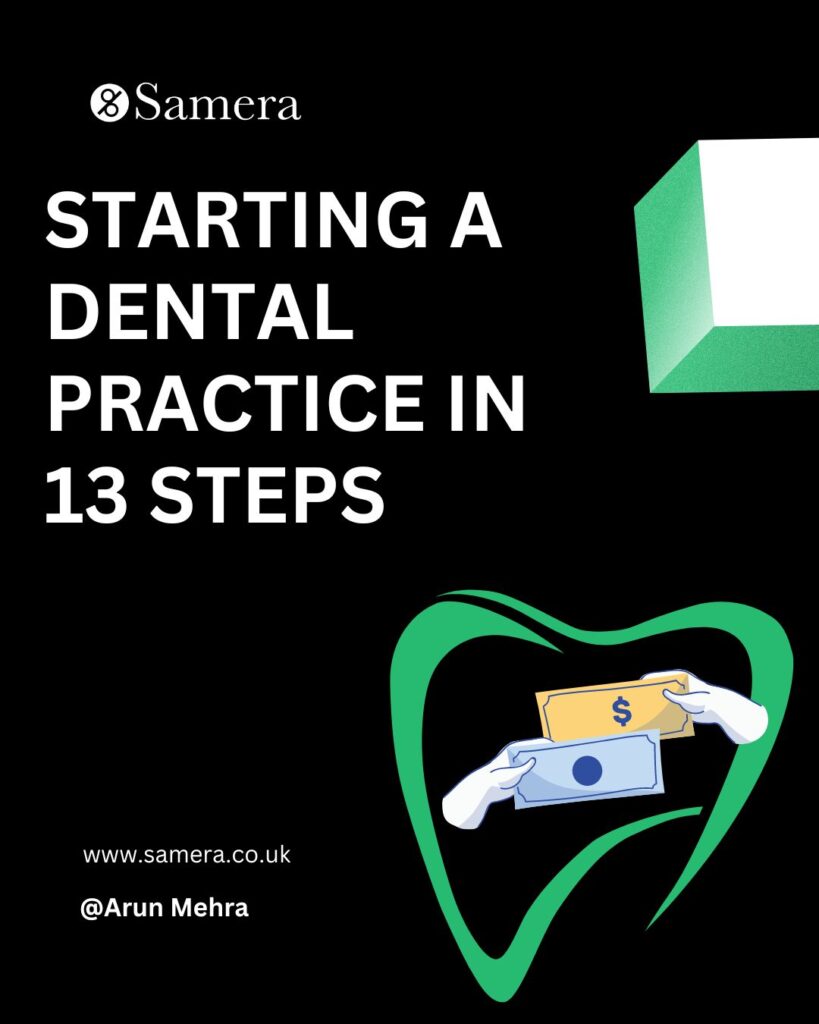
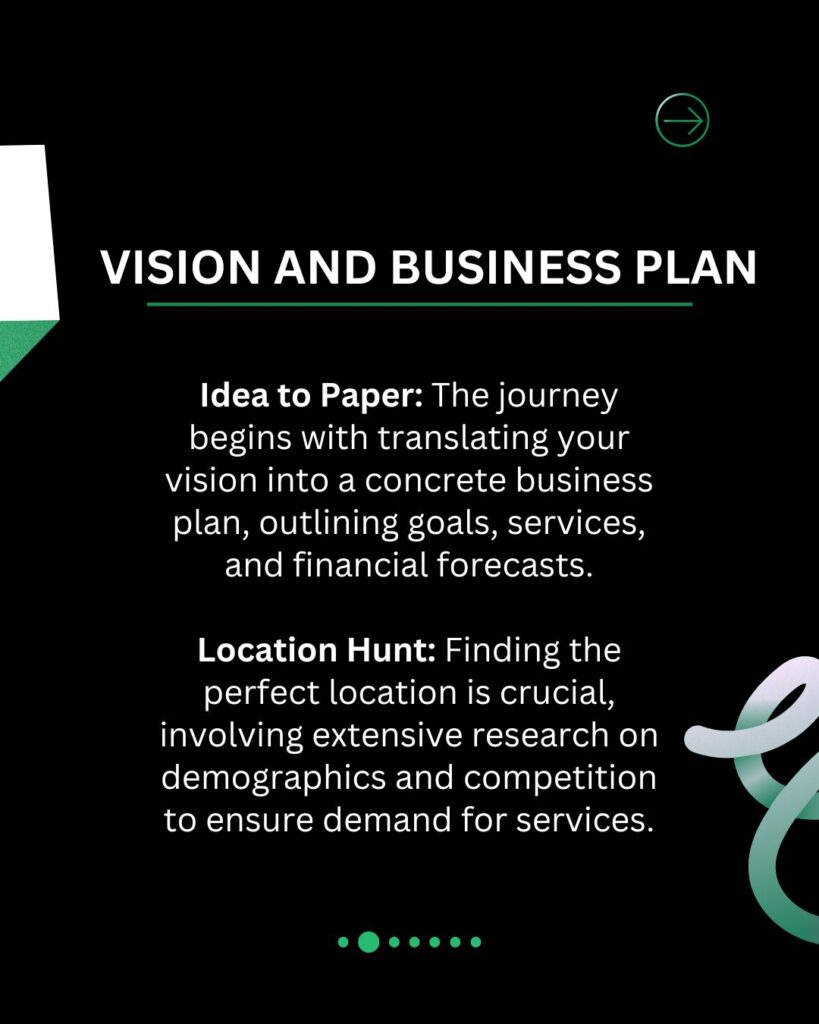
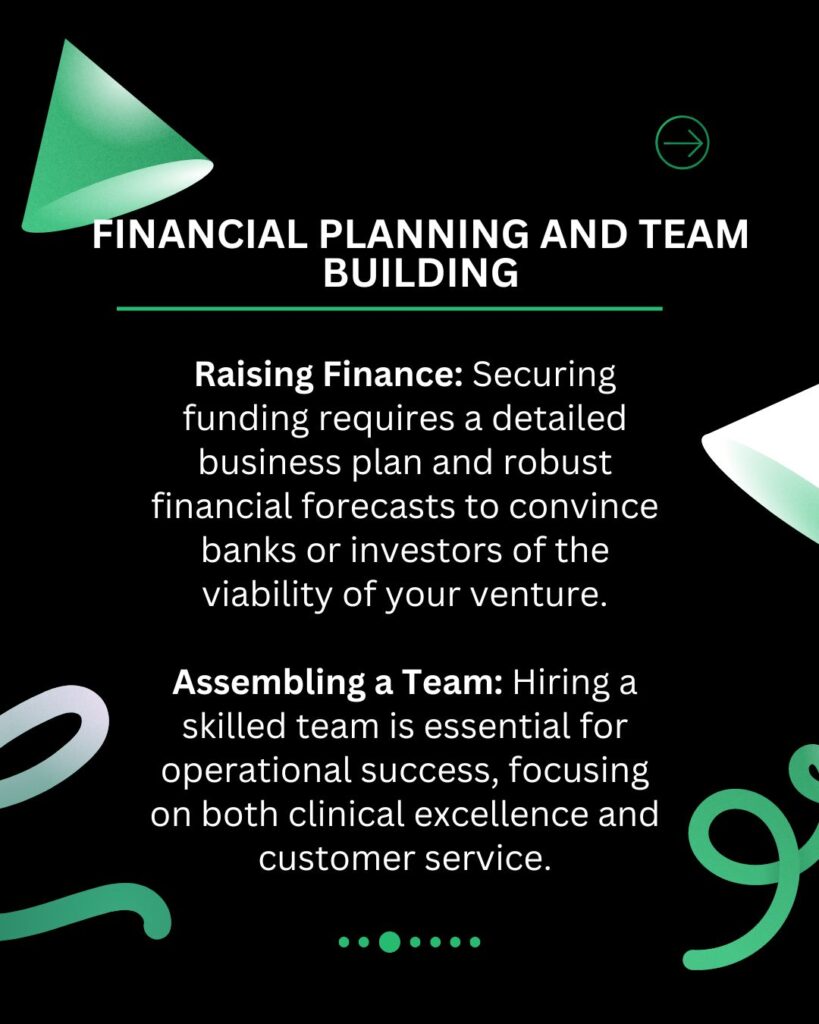
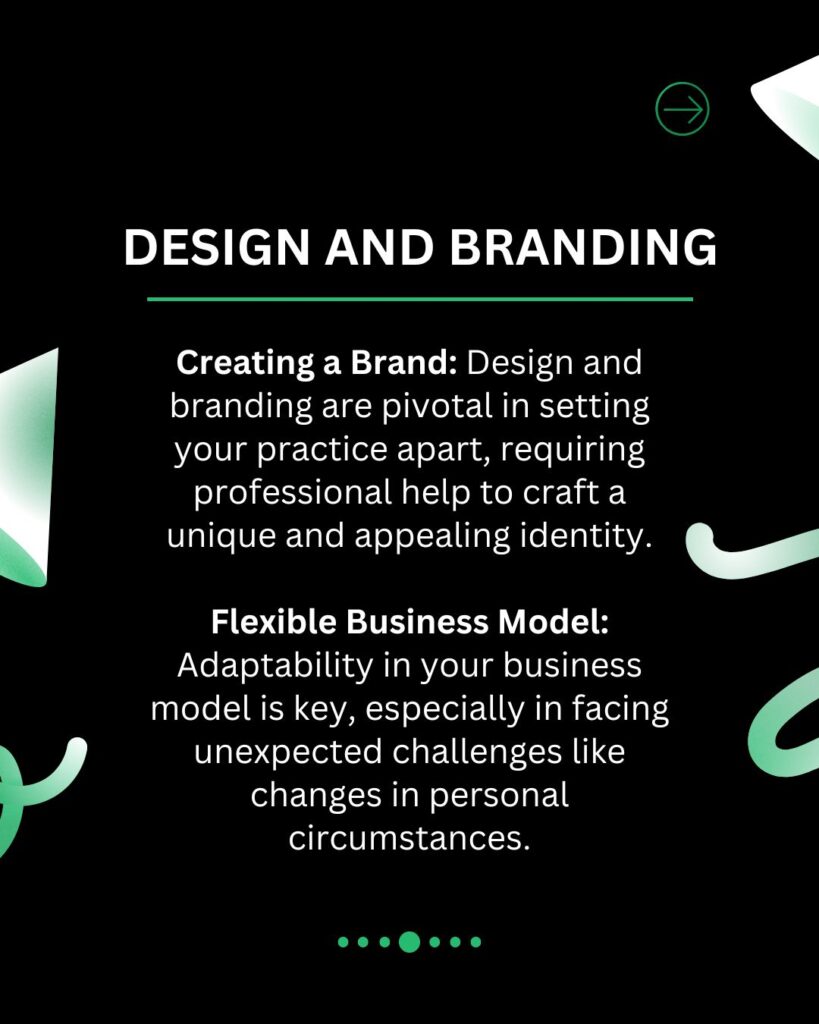
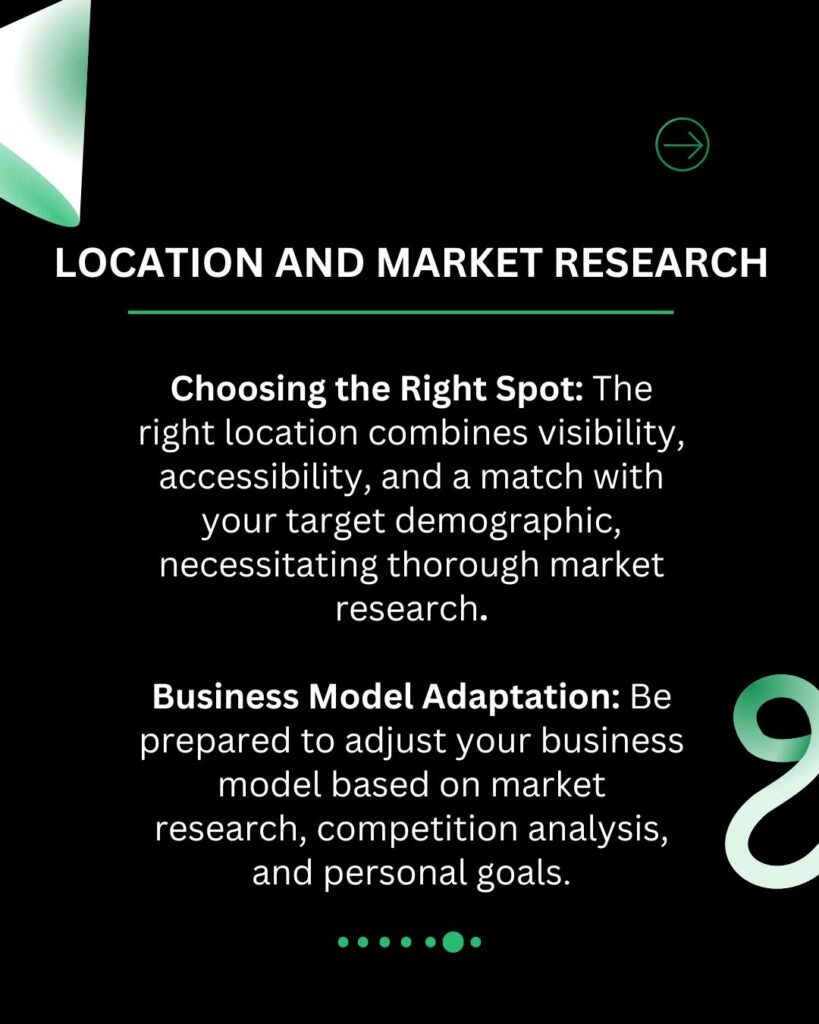
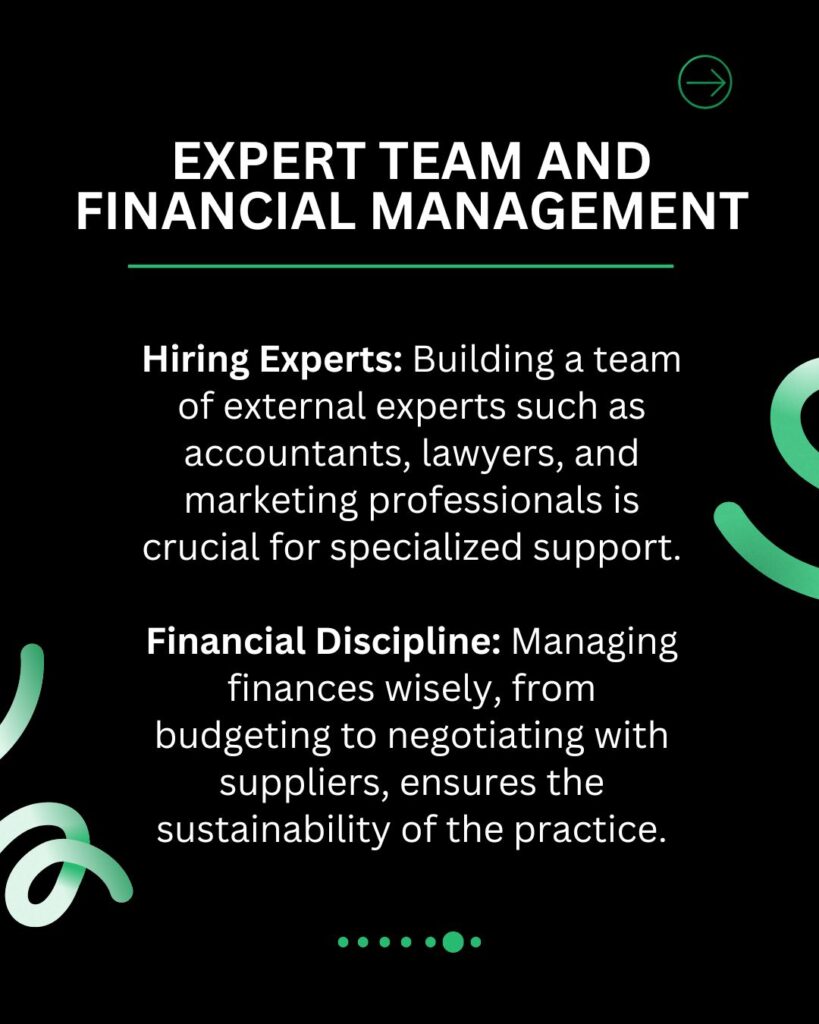
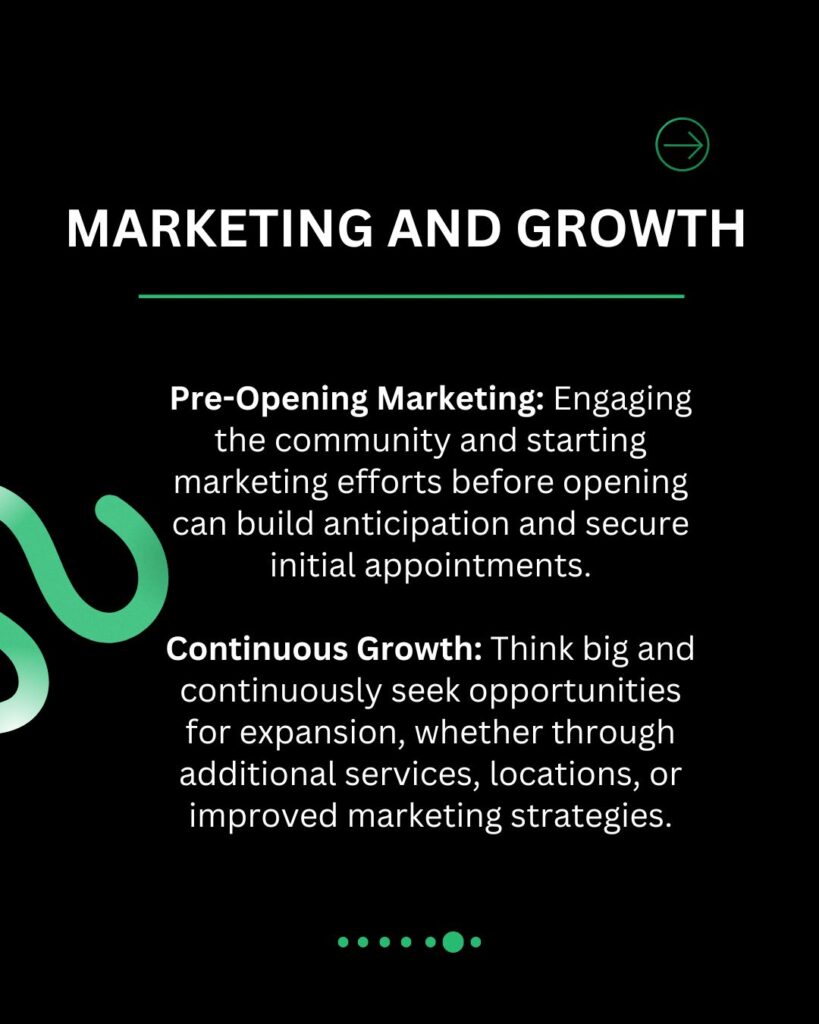
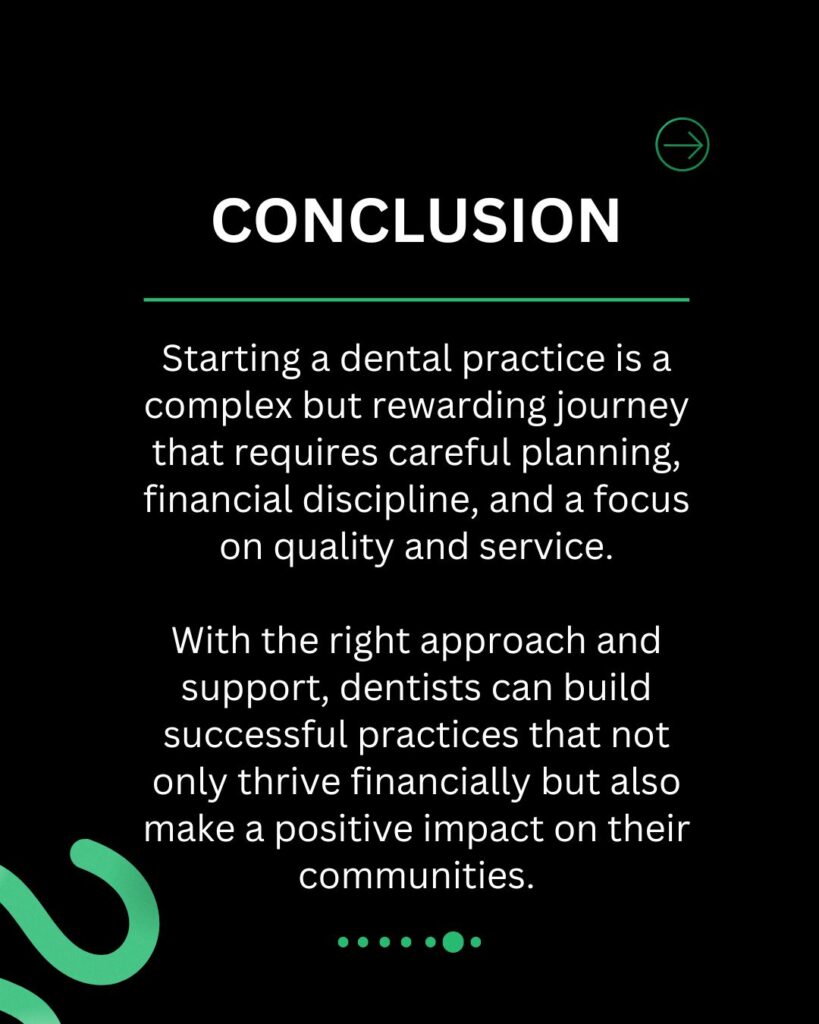

So now we want to share with you our story, how you can go it alone and how to set up your own successful private dental practice from scratch in just 13 steps.
Click here to read more about why dentists want their own practices.
Practice Startup Checklist
Download the Samera Dental Practice Startup Checklist to make sure you’re following every step on the path to becoming a dental practice owner.
Download the Starting a Dental Practice Guide
What is a Squat Dental Practice?
Usually this is a single surgery practice started from the beginning with a view of turning this into a highly profitable business. It can be more than one surgery if there are multiple dentists involved in the project.
You will need to have a vision of what you want to achieve and build your business plan around this, take into account the services you will provide and ensure you research the area you are to set up in to ensure that there is demand.
Think about your opening hours and whether these will include weekends and early starts or late finishes. Most importantly, make sure you have the right location, with new clients being able to find your premises clearly.
Create a Business Plan
Putting Our Ideas on Paper
The first stage in setting up our first dental practice was putting down onto paper what we wanted to create. We had ideas, dreams, even aspirations, just like you almost certainly do. It was imperative to start putting these ideas down on paper as the first step to making it really happen.
Using sound business techniques, we clarified our vision of what we wanted to create and then, most importantly, started putting a business plan together.
After a couple of months, we had a great looking business plan, with our goals, mission and values. However, as wonderful as these ideas looked on paper – we had no location!
Learning Point 1: Clarify your vision of what you want to create and seek assistance if necessary to put a detailed and well thought through business plan together. Make sure your business plan includes:
- The aims and objectives
- Services that will be available
- Market research
- Acquisition and operational costs
- How you intend to run the practice
- Financial forecasts
You need to consider what your practice will become and work out the costs and income that you will generate so that projections can be calculated to provide lenders with a well thought out viable business opportunity. You can find further information on business plans for dental practices at the link below.
Click here to read more about putting a business plan together.
Choose the Right Location
Driving Around London at Night and Finding a Site
How could we have a wonderful business plan and idea with no location? Well, our plan had identified exactly what type of customer we wanted to come to our dental practice, including their psychographic and demographic characteristics. All we needed to do was start looking for suitable premises! Premises with everything we were looking for don’t come up regularly, so we started scouring London for suitable properties.
Click here to learn more about choosing between leasehold and freehold.
This meant walking and driving around looking for suitable sites at particularly strange hours of the day. We found the site of our first dental practice in Wandsworth Town, after driving back late from dinner with friends in North London. Days later we agreed the contract with the vendor.
We followed the same approach for our subsequent sites in Canary Wharf, Esher, Surrey and Fleet Street – always checking out the competition, visibility of the premises and the amount of traffic passing by. Hours spent doing this proved to be very valuable indeed!
Learning Point 2: Finding the right location to open your dental practice is critical. Don’t settle for second best, walk around different areas at different times of the day and speak to many agents and you will eventually find a suitable location for your new dental practice.
Make sure you do the necessary market research on the demographics of your chosen location and any competition you may face from existing practices in the area. Be prepared to make some tough decisions, like having to move to an area you hadn’t originally dreamed of.
You will need to research this carefully – remember you are going to be working there for several years and it needs to be an area you would want to work in. Look at the local competition, how much footfall is there, are there good transport links and can patients park easily.
The building will need to be adapted and will need ventilation, space for plant and equipment and enough space to develop the practice into a 2/3 surgery practice or more.
Contact us to find out more
Create a Flexible Business Model
Becoming pregnant was not part of our equation, we had to create a flexible business model.
A week after agreeing all the terms for the premises we found in Wandsworth Town, Principal dentist, Smita, who was supposed to be doing most of the dentistry (particularly in the early days of the practice) was in fact, pregnant. Although this threw us momentarily, we decided to take the plunge anyway.
However, we decided we had to re-design our business model, where from an early stage, the practice would not rely upon the earnings of the Principal dentist – pretty much unheard of in the setting up of a squat dental practice.
Learning Point 3: In business, you have to be flexible and be ready to change your ideas and plans quickly. Don’t be inflexible, always be ready to adapt and change as circumstances change. You will make mistakes. You will face obstacles. Things will go wrong. It is important that you are ready to adapt to these new situations. Make sure you have a plan B for every eventuality. It is also essential that you create a business crisis continuity plan for your practice in case the worst should happen.
Click here to watch our webinar on mistakes to avoid when running a dental practice.
Hire an Expert External Team
The next few months were very exciting. What we had on paper was now being transformed into reality. Our next stage involved hiring experts to help with the business, something which we firmly believe in. Cutting corners can appear to help in the short-term, but 9 times out of 10, this approach can eventually come back to haunt you.
So, we hired a design team to aid us with the branding and design of the practice. We knew we had to create something special that stood out in a crowded environment. Their expertise was essential in creating a brand that ensured we got the right customers.
Learning Point 4: Build a team of experienced professionals from day one, don’t try and do it on your own, as it will be much more difficult to reach the lofty heights of success alone. People you will need include accountant, lawyer, designer, website and digital marketing experts just to name a few! Yes, it’s possible to do all these things on your own, but it’s not a good idea. Your skill is dentistry, not accounting or marketing or brokering.
Click here to read the 10 things to look for in a dental accountant.
Raise the Finance
Raising cash and being tight with the purse strings
Naturally, we had in our hearts a picture of the dream practices we wanted to build, with the newest technology, the most futuristic decor and a dozen surgeries. However, in our heads we also had budgets, cash flows, expenses and reality!
We got to work figuring out what we knew we could afford to raise, we calculated projected profits, we found as many quotes for every purchase we could.
Click here to listen to our podcast episode on financing a squat dental practice.
With great designers supporting our start-up, we now needed associate dentists, especially since our business model was not going to have our own Principal dentist earning for a while. We knew we had to be careful in our set-up costs. So, armed with a detailed business plan and robust financial forecasts, we approached various banks to support the venture.
Our plan, which was paramount to raising the finance, was approved by one of the major banks and we got the go-ahead to move forward. That said, sticking to our budget was also essential in successfully getting the business off the ground. Not spending on superfluous dental toys was an essential aspect to doing it right too. Hard negotiation and saying NO to salespersons was an essential part of the set up process.
Read more about how lenders want you to manage a start-up dental practice.
How Much Does it Cost to Start a Dental Practice?
How much it costs to start a dental practice will vary greatly and depends on a huge range of factors, such as:
- Where you’re opening the site
- What type of building you’re going to be trying to acquire to put a dental practice into
- What type of kit you’re going to be putting into the practice
- How many surgeries you’re going to be putting into the practice
- How much the building work is going to cost, what the design is etc.
The ball park figure for starting a dental practice that we’re seeing today is anything between £100k and £500k. On average, probably about £200,000 to £250,000 to start up a dental practice as a squat these days.
Click here for more information on raising the finance to start a dental practice.
Contact us to find out more
What Does a Dental Practice Need to Purchase?
There can be a seemingly endless list of equipment and consumables that dental practices need to purchase. It’s great to have up-to-date technology and all the latest gear, but it’s also important to be mindful of your cash flow and working capital.
So, what exactly are you going to need to budget for?
Here is a list of just some of the equipment and consumables for which you may need to raise asset finance. Please bear in mind that this list is not exhaustive, nor will you need to purchase everything on this list.
Click here to find out more about asset finance.
Learning Point 5:
The project will consist of two main costs –
- The Build – this is the transformation of the property into a dental practice the cost of taking out the fabric of the premises if necessary and installing your electrical requirements / surgery rooms / decontamination room / staff room / toilets / disabled access and toilets
- The Equipment – the cost of buying and installing a chair / x-ray machine / autoclave/ suction / compressors etc
These costs will form the basis of your projections (required by all lenders) showing how the practice will grow and become profitable.
Put some tight financial management into play by setting a budget, negotiating hard and keeping a close eye on your costs. Don’t get too excited and spend more than you have to use, only spend money on space and equipment you 100% need.
Make sure you have all the necessary documentation like accounts and bank statements. Contact a commercial finance broker (with experience in the dental sector) to discuss the different funding options available to you. You will get a better price and a better deal by using a broker. You will need to think about finance to cover assets, property, staffing, working capital and much more. Download our free cash flow forecast template.
Click here to watch our webinar on financing your first dental practice.
Put a Great Team Together
The old cliché –TEAM
Whilst the practice was developing, in parallel, we had to hire and build a team of associates and nurses. Did we get it right first time? Of course we didn’t! Do we still make mistakes? Of course we do, but we have pretty much experienced anything and everything that can occur within a team. However, without a dedicated team, the business would not be in its strong position today.
Keep in mind the basic principles of hiring a team. You’re going to be working with these people for quite a while (if all goes the plan!). Make sure you hire people you get along with, and make sure you hire people your patients will get along with!
Learning Point 6: Yes, it’s team again. You will need to hire your practice team too, so it’s imperative to start looking early for quality people to join your team. Don’t hire them because they are cheap, hire them because they can help you build your business.
Not everyone who is great at dentistry is also great with people. Make sure your clinical team have a good bedside manner and know how to upsell. Remember that your front-of-house staff can make or break a dental practice – they are the face of your business so make sure they are friendly, well-trained and great communicators.
Click here to read more about putting a dental team in place.
Market Your New Dental Practice
Pre-opening Marketing – The First Day
With our first team in place, and around 6 months after finding the premises, we opened the doors of our first dental practice to the public by holding “The world’s first tooth-brushing class!” A bit cheesy, but it worked, plus it certainly got the local community involved. We offered discounted check-ups and various other incentives to get people through the door.
Contact us to find out more
Before we actually opened (due to our pre-opening marketing exercises) we had over 50 patients booked for appointments in the first 2 weeks. During those first few months, the business grew, then grew some more, whilst being blessed with our first child. As the business went from strength to strength financially, we felt (12 months on) that we had designed a strong enough business model that could be sustained and replicated again, perhaps on a higher risk scale.
Learning Point 7: As part of your business plan, make sure you have a detailed plan of marketing in place. Don’t just wait for patients to come in, you will need to be active before you open and even more active in your marketing once open. Make sure you have sufficient budget to do this, else you will open a practice with no patients to see! Start building a website at least 3 months before the practice opens – Google takes a while to rank new websites. Start some Google and Facebook ads to start building brand awareness online.
Click here for all our articles and webinars on marketing a dental practice.
Growing Your Dental Practice
Think BIG – Roll on practice number two!
Despite what other people said (including our bank at the time) we decided to take a MASSIVE step for us – the decision to open up a dental practice in 2006 at Canary Wharf. Bigger overheads, higher profile based in the shopping malls, but also more to lose if it went wrong!
We were confident that using the same sound business acumen and techniques we had used on the Wandsworth Town practice would ensure that the new practice would be a roaring success.
Within 12 months of opening, the Canary Wharf practice was doing extremely well, and growing beyond our expectations. How did we do it?With the right location, right team, and a bit of luck.
Learning Point 8: Always think big, or else go home. You need to think about growing your business, it may not be another location but it could be new services or more surgeries, but always be thinking about how to grow! Make use of any extra space in your premises. Step up your marketing efforts. Try to minimise your costs as much as you can by cutting expenses where possible. Raise your prices. Be prepared to borrow further finance to help grow the practice, or perhaps refinancing your current loans.
Click here to watch our webinar on how to grow a dental practice.
Get Your Structure and Systems Right.
And then practice number three, all due to systemisation and structure!
Our first two squat dental practices started in 2004 and 2006 respectively, both of which were in good London locations, with leasehold premises (as the freeholds were not available). Then, in 2009, after exiting a local Waitrose in Esher, we saw a disused and empty building that looked perfect for our next site.
Following discussions with estate and planning agents, banks and structural engineers, we received the keys in December 2009 to our first freehold commercial premises of over 3500 square feet, which was to contain practice number 3.
By May 2010 practice number 3 in Esher was officially opened in an affluent Surrey town. Third time around, we knew much more than the first time, but we also had written systems in place, which was key for our expansion plans.
Learning Point 9: Write down everything and put systems into place for everything you do, as this will help when growing and developing your team. It is vital that the practice can be run without you. If the practice relies too heavily on you personally, that can be a problem. Systematise your practice and procedures so that the business can be run on its own comfortably. Your procedures need to be well documented and accessible by the whole team. The team itself needs to be well trained in these procedures as well. A business that is run on systems, not on individuals, is much easier to scale and/or replicate in a new practice.
Click here to read more about structuring a dental group.
Always Be Ready to Sell
But then out of the blue…Remember always be flexible.
We were approached by a leading Healthcare insurer wanting to buy us out. Again, we were 50/50 but eventually in May 2013 we sold our Canary Wharf site. It was not in our plans, but it made considerable sense for our personal needs (we have young children after all) and this worked for us financially too.
Contact us to find out more
In late November 2015 our Fleet Street practice was born, and a year later Notting Hill gate opened too. Both in fantastic locations for a practice to serve the many working people in their respective areas. Our ability to open in a location like this came from us taking the big step back in 2004 into the unknown. The Neem Tree brand is growing with partners across the UK, so if you want to be part of it do get in touch.
Learning Point 10: Always be ready to sell, and we were in this instance. At the time we were not even considering a sale, however, if the right offer comes along, it is sometimes a much better idea to receive much more than you thought you would get and secure one’s financial position. You are growing a business, after all, and it is important to think of it in business terms. By maximising your turnover and reducing your costs, you can grow your practice to a point where selling it returns an enormous profit on your original investments.
Click here to read more about selling a dental practice.
Live and Learn
Would we do it all again? Absolutely!
We have learned so much, worked with some wonderful people, and have helped secure the financial future for our family. We achieved this whilst encountering so many challenges, but this has made us stronger and fitter and ready for the new challenges that lie ahead of us all.
Learning Point 12: Live a life of no regrets and learn from everything you do! Expect problems, expect failures, expect obstacles. Nothing worth having in life comes easy. It’s okay to get things wrong (within reason!), as long as you learn from those mistakes and do what you can to avoid them again in the future. You can read more about the five traits of failed dental start-ups here.
Be Ready For a Challenge
So, is setting up a dental practice for everyone?
Honest answer; probably not. It requires stepping out of your comfort zone many times. Working extremely hard, taking decisions that impact not just you but many others, and basically putting yourself on the line. If you relish that kind of challenge and possess an appetite for calculated risk-taking, then you probably need to set up your own dental practice!
If you are serious about setting up a dental practice, here are our 5 top tips for success:
- Use professionals to help you – ensure they have experience of squats and have done these before
- Research the area thoroughly and review the competition
- Speak early about Finance to ensure you have enough of a deposit to see the project through
- Plan what sort of dental practice you want but make sure that it is affordable and use the saying: What do I want / What do I need / What can be afforded?
- Use the experience of others to guide you through the process
Learning Point 13: If you want to grow, you need to take risks, so if you have the appetite of being your own boss, become a serial (but calculated) risk taker.
Click here to watch our webinar on how to start a dental practice during a pandemic.
Regulations for a Start-up Dental Practice
The building for your new dental practice will need to have suitable planning use for a dental practice. Class E is the recently introduced new coding system for dental practices and this can be checked with the local council planning department.
You must register with the CQC as a provider – you must be interviewed and the premises is inspected once complete. Once you have the premises and the finance you should start the registration process, as this can take some time.
Our Expert Opinion
“Having opened many dental practices over the years, I personally know it is not easy. The key is building a great team to support you, finding a prime location, marketing it strongly and then ultimately doing great dentistry. Easy? No. Possible. Yes! If you have the vision to do this, it is possible but don’t expect a smooth ride!”

Starting a Dental Practice: Get Started
We’ve been helping the UK’s dentists start their own practices for nearly 20 years and we know exactly what it takes to make your practice a success!
Our Dental Practice Start-up Programme is a hands-on consultancy service designed to take you through your whole journey to becoming a dental practice owner. Book a free, no-obligation consultation with one of our team at a time that suits you (including evenings). We’ll call you back and have a chat about how we can help start your dream practice.
Contact us today for all the advice, support and expertise you’ll ever need to start a dental practice.
Learn More: Starting a Dental Practice
For more information please check out the articles and webinars in the start a dental practice section of our Learning Centre, like our guide on How to Start a Dental Practice in 13 Steps.
Make sure you never miss any of our articles, webinars, videos or events by following us on Facebook, LinkedIn, YouTube and Instagram.



